-

The U.S. needs to “get AI right” — and fast — says government group
An interim report released earlier this month by the National Security Commission on Artificial Intelligence says the U.S. will lose important advantages in defense, human resources, and the economy if it doesn’t cooperate with industry and academia to prioritize progress in AI research and development.
-

This week’s FOIA roundup: taxpayers covered Trump’s bar tab, USA TODAY debuts police misconduct records database, and the D.C. Metro is sued over customer satisfaction survey records
In this week’s FOIA roundup, records reveal that taxpayers paid for a Mar-a-Lago liquor bill, USA TODAY starts a national police misconduct records database, and the D.C. Metro is sued over customer satisfaction survey records.
-
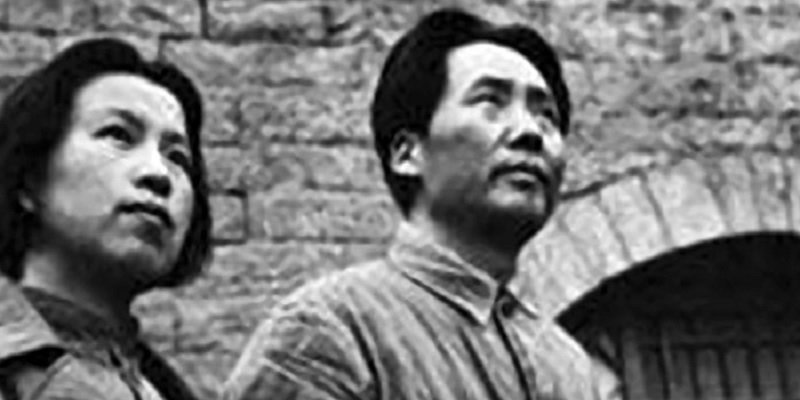
Body by Mao: CIA archives contain a copy of the young revolutionary’s exercise routine
Within the Central Intelligence Agency’s declassified archives there are two volumes of the “Collected Works of Mao Tse-Tung 1917-1949,” originally translated by the Joint Publications Research Service in 1978 and declassified in 2008. While there’s nothing particularly surprising about the CIA’s interest in Mao’s body of work, it is notable that one of the earliest samples of that work is rather literally about Mao’s body: Namely, his preferred exercise routine.
-
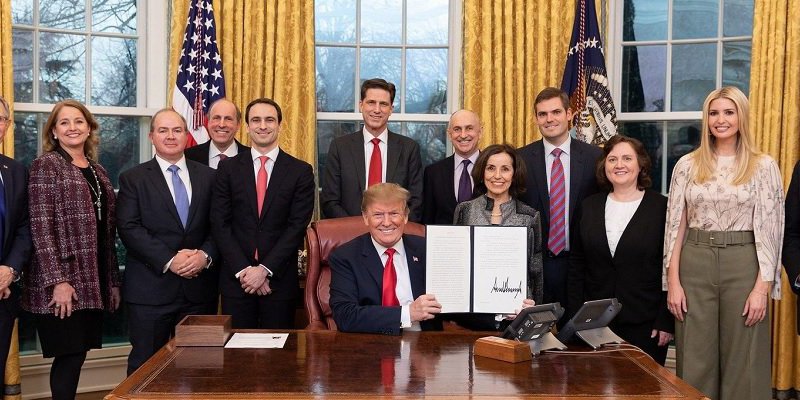
The Trump administration orders government to speed up its use of AI
The United States is committing to a broad program of artificial intelligence to maintain the country’s industry lead and modernize the military, the White House announced in an Executive Order issued by President Donald Trump on February 11th.
-
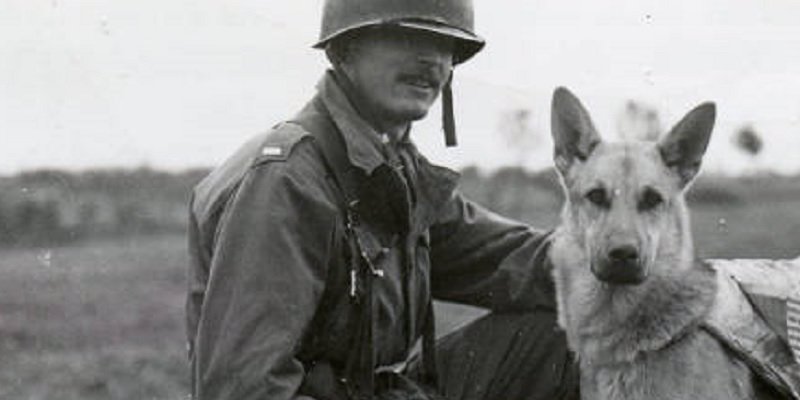
The CIA’s dogs of war
MuckRock has previously written about some of the surprising photographic finds in the Central Intelligence Agency’s archives, including a stray cat that was considered a state secret for 50 years. Proving that they’re equal opportunity creature classifiers, records recently uncovered in CREST show photos of World War II military working dogs which weren’t made public until 2013 - nearly 70 years after they were taken.
-
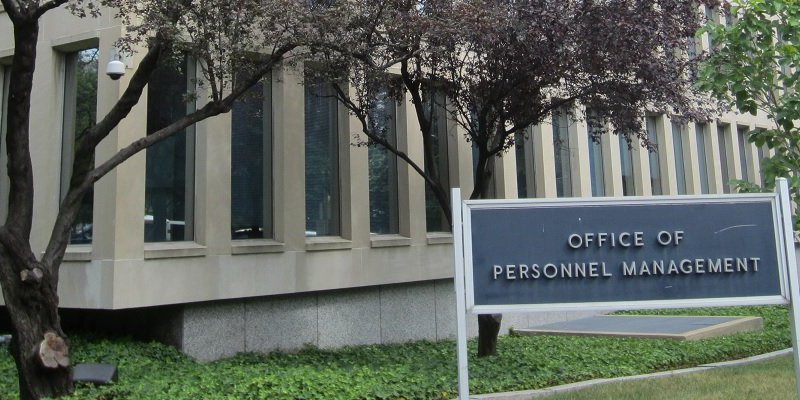
CIA archives outline the pre-history of the infamous OPM hack
The plot of John le Carré’s The Spy Who Came in from the Cold hinges on the bureaucratic details of retirement benefits for spies. Recently uncovered documents from the Central Intelligence Agency archives show that real-world spy stories sometimes do, too.
-

A year before U.S. imposed economic sanctions against North Korea, intelligence community concluded they wouldn’t work
1992 economic sanctions imposed by the U.S. against North Korea contributed to the collapse of an already fragile economy, and in two years the country was in the throes of a severe famine. Despite the mounting death toll, the sanctions were utterly ineffective in their goal of pressuring DPRK into ending their nuclear weapons program - exactly as a 1991 National Intelligence Council report predicted they would be.
-
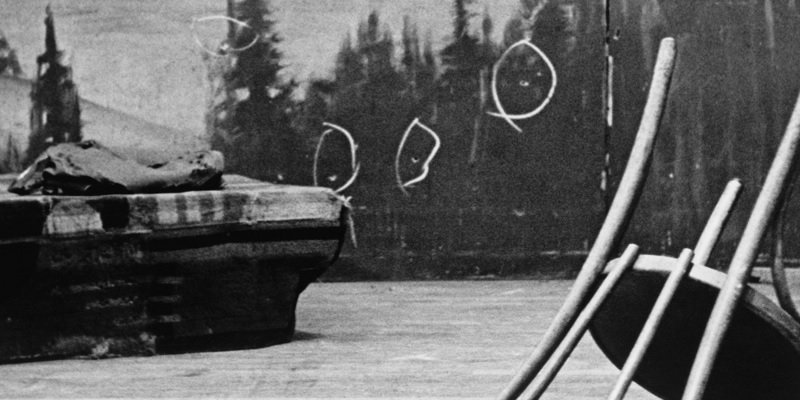
The year before his murder, Malcolm X was under electronic surveillance by the FBI
The last section of Malcolm X’s 10,000 plus page FBI file concerns the Bureau’s electronic surveillance of the activist shortly before his death. For months, agents listened to X’s phone calls, photographed his comings and goings, and even considered bugging his Queens residence - only to hastily discontinue the operation for fear it would taint a potential conviction.
-
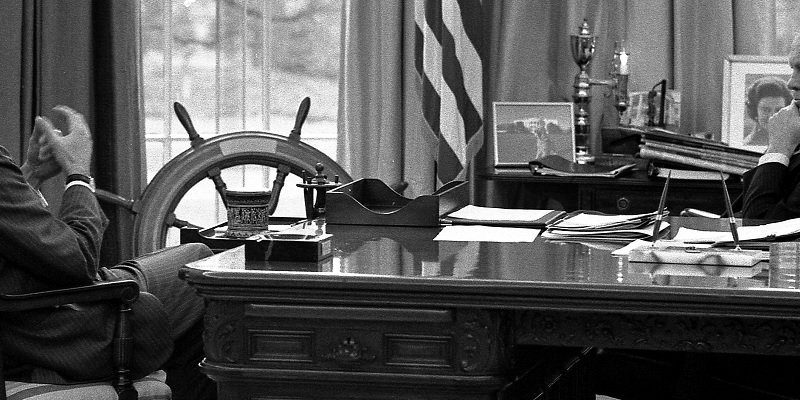
The Justice Department refused to prosecute CIA for illegal surveillance
In 1976 and again in 1977, the Justice Department decided not to prosecute anyone for the CIA’s illegal surveillance and mail openings. The report issued in 1977 reveals the Justice Department’s highly flawed reasons, including claims that prosecution would not serve to prevent such questionable or outright illegal surveillance from happening again - ironically setting the stage for modern surveillance programs.
-
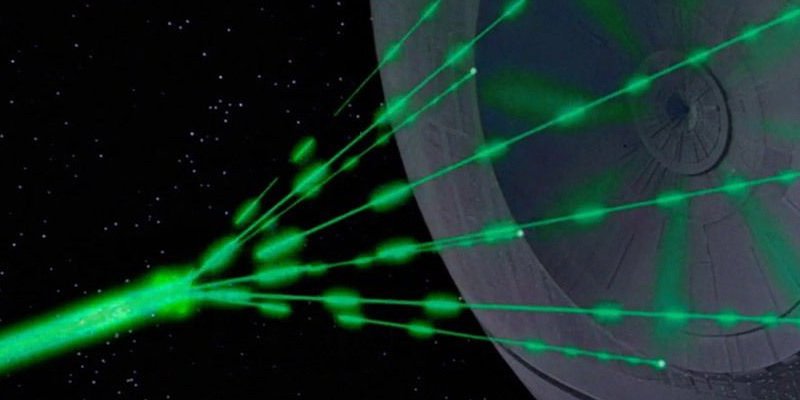
CIA begrudgingly prepared report on Soviet use of laser weapons against the Chinese
A few years after the Nixon administration first re-opened communication with the People’s Republic of China, the CIA found itself having to field persistent requests from the Navy to enlist Kissinger’s help in substantiating rumors that the Soviets had deployed a laser weapon against the PRC.